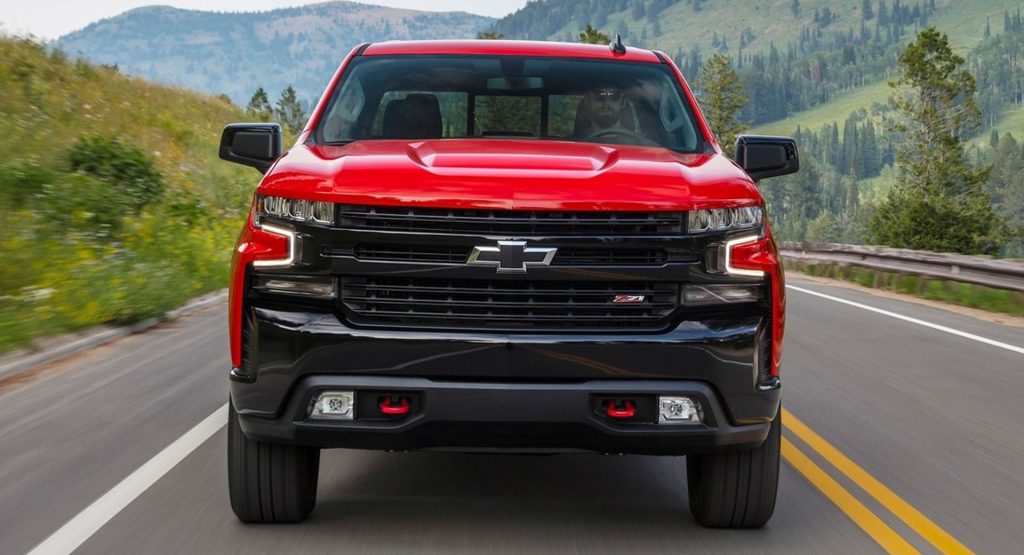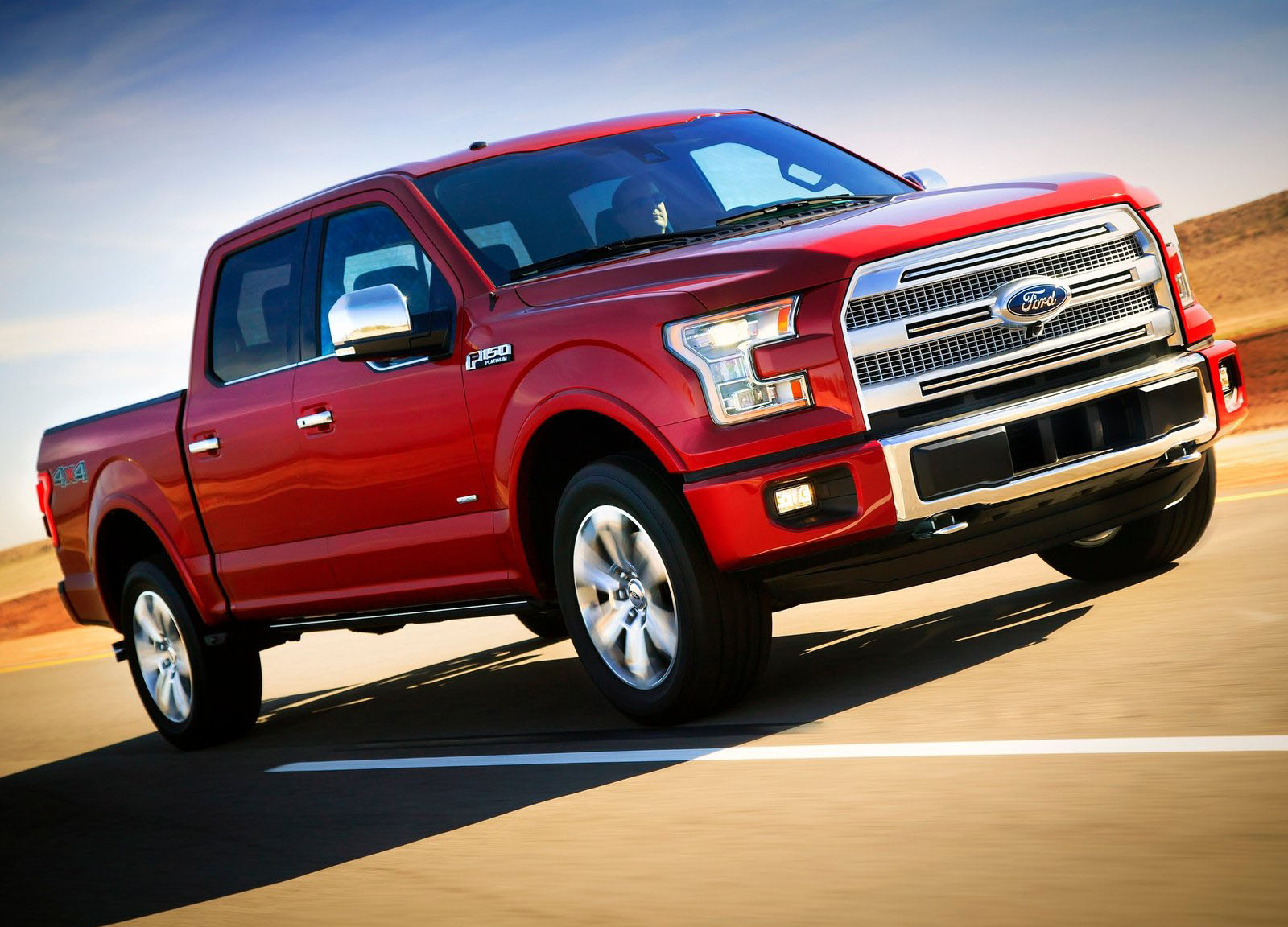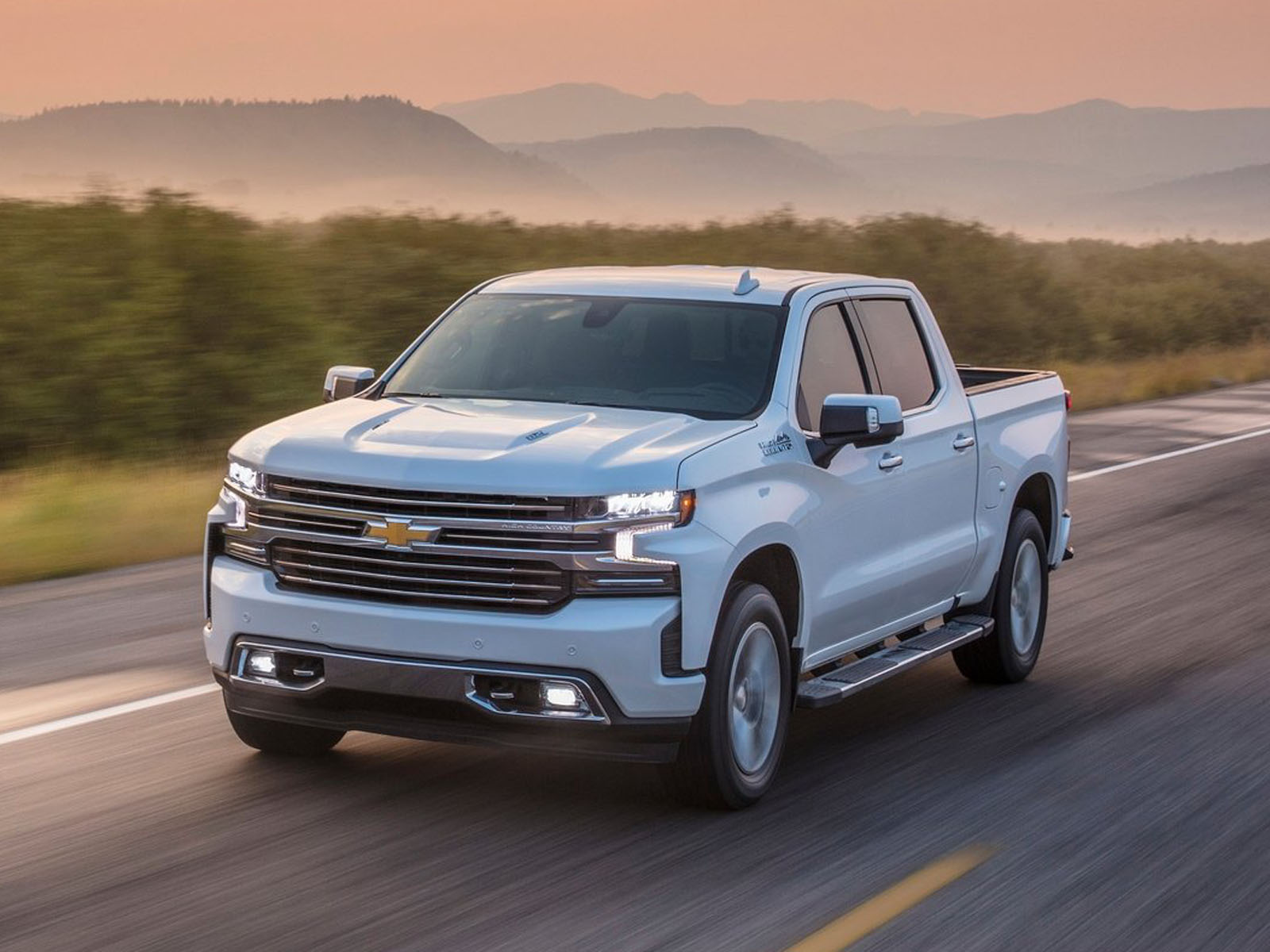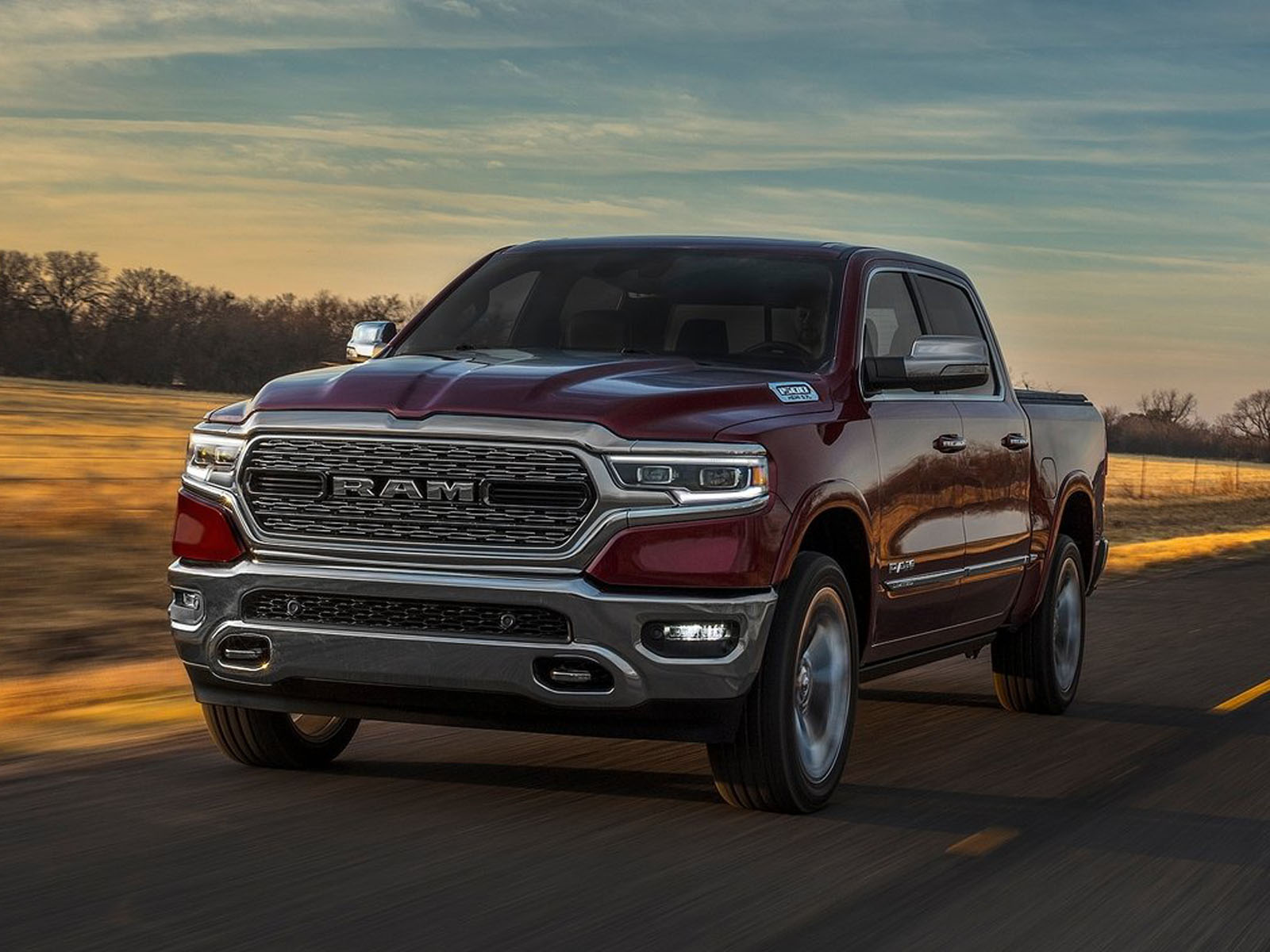We take certain things as given. The sun, for example, always shines from the east; E=mc2; and hybrids are more fuel-efficient than pickup trucks. Right?
Not so fast, says the US Department of Energy. The latest statistics from the government body, cited by the Detroit Free Press, indicate that fuel-efficiency improvements in pickups are more vital than those achieved by dedicated hybrids like the Toyota Prius.
One reason for the ostensibly counter-intuitive assertion comes down to numbers: pickups sell in far greater numbers in America than do hybrids. Last year, Ford sold nearly 900,000 F-Series trucks, Chevy sold 585k Silverados, GMC another 217k Sierras, and FCA a solid 556k Ram trucks – compared to the 108,000 examples of the Prius sold in America in 2017. And that’s not even including all the Japanese automaker’s trucks, or domestic mid-size pickups. So any improvement made to those trucks will have a greater effect on the total amount of fuel used.
But that only tells part of the story. A greater part comes down to the law of diminishing returns. According to the Energy Department figures, a one-mpg improvement from 16 mpg to 17 mpg has the same net effect as a 6-mpg improvement from 46 or 52. So someone replacing their 2009 Chevy Silverado with a 2019 model, for example – both with the 5.3-liter V8 engine – will save more fuel than someone upgrading their Prius from a 2009 model to the 2019 version. For every 100,000 people who do, in fact, there’ll be 4.4 million gallons of gasoline saved every year in the case of the Silverado, versus 3 million gallons in the case of the Prius – representing a startling difference of 35 percent between the two.
That’s why improvements being made to new pickup trucks – like mild-hybrid powertrains and lightweight construction – matter much more than whatever Toyota does to the Prius or any other automaker does with its electrified vehicles. And if you’re a pickup driver, upgrading your old truck to a newer model will do more to save the environment and reduce our dependency on fossil fuels than whatever your tree-hugging neighbor is driving.






